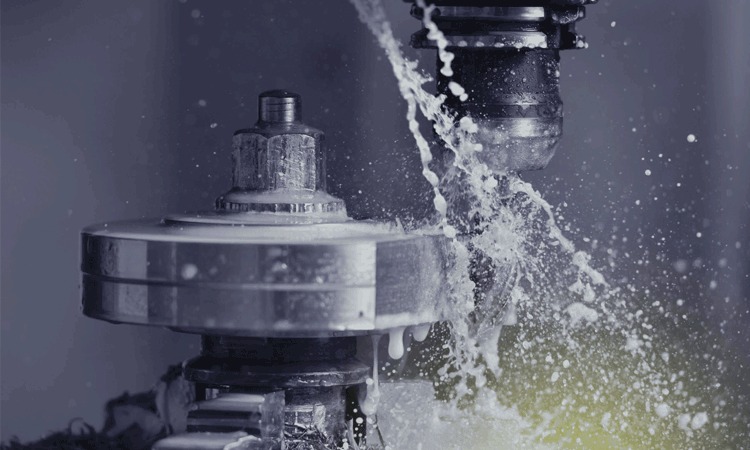Advancements in Additive Manufacturing:
Additive manufacturing, commonly known as 3D printing, is revolutionizing the field of precision manufacturing. This technology allows for the creation of complex geometries that are difficult or impossible to achieve with traditional methods. Additive manufacturing provides greater design flexibility, reduced material waste, and faster prototyping capabilities, making it an essential tool for modern manufacturers.
Laser Machining for Enhanced Precision:
Laser machining offers unmatched precision and control, making it a valuable technology in precision manufacturing. With its ability to cut, engrave, and weld materials with high accuracy, laser machining is used in industries such as aerospace, automotive, and medical devices. This technology enables manufacturers to achieve finer details and tighter tolerances, improving the overall quality of the final product.
Hybrid Manufacturing Systems:
Hybrid manufacturing systems combine additive and subtractive processes to maximize efficiency and precision. These systems allow for the production of complex parts by integrating 3D printing with traditional machining methods. By combining the strengths of both approaches, hybrid manufacturing systems provide enhanced capabilities and flexibility, leading to improved productivity and reduced lead times.
Nanotechnology in Precision Manufacturing:
Nanotechnology is pushing the boundaries of precision manufacturing by enabling the manipulation of materials at the atomic level. This technology is used to create ultra-small and highly precise components for various applications, including electronics, medical devices, and advanced materials. Nanotechnology enhances material properties, such as strength, conductivity, and biocompatibility, offering new possibilities for innovation.
Automation and Robotics in Manufacturing:
Automation and robotics are transforming precision manufacturing by increasing efficiency, consistency, and safety. Advanced robotics systems can perform complex tasks with high precision and repeatability, reducing human error and improving production speed. Automation also enables real-time monitoring and data analysis, allowing manufacturers to optimize processes and ensure quality control.
Adapting to Advanced EDM Technologies:
The evolution of Electrical Discharge Machining (EDM) technology continues to play a vital role in precision manufacturing. Innovations in EDM, such as more advanced Die Sinking EDM machines, are enhancing the ability to machine hard materials with extreme accuracy. These advancements provide manufacturers with greater capabilities to meet the demands of complex and high-precision components.
Sustainable Manufacturing Practices:
Sustainability is becoming increasingly important in precision manufacturing. Companies are adopting eco-friendly practices and technologies to reduce their environmental impact. This includes using energy-efficient machines, recycling materials, and minimizing waste. Sustainable manufacturing not only benefits the environment but also enhances brand reputation and meets regulatory requirements.
Conclusion:
The future of precision manufacturing is being shaped by a range of innovative technologies. By embracing advancements in additive manufacturing, laser machining, hybrid systems, nanotechnology, automation, advanced EDM, and sustainable practices, manufacturers can achieve higher precision, efficiency, and innovation.

Ruby Stauffer is a prominent technology blogger known for her insightful analysis and in-depth reviews of the latest tech trends and gadgets. Her blog has become a go-to resource for tech enthusiasts seeking reliable information and expert opinions on the ever-evolving world of technology.

